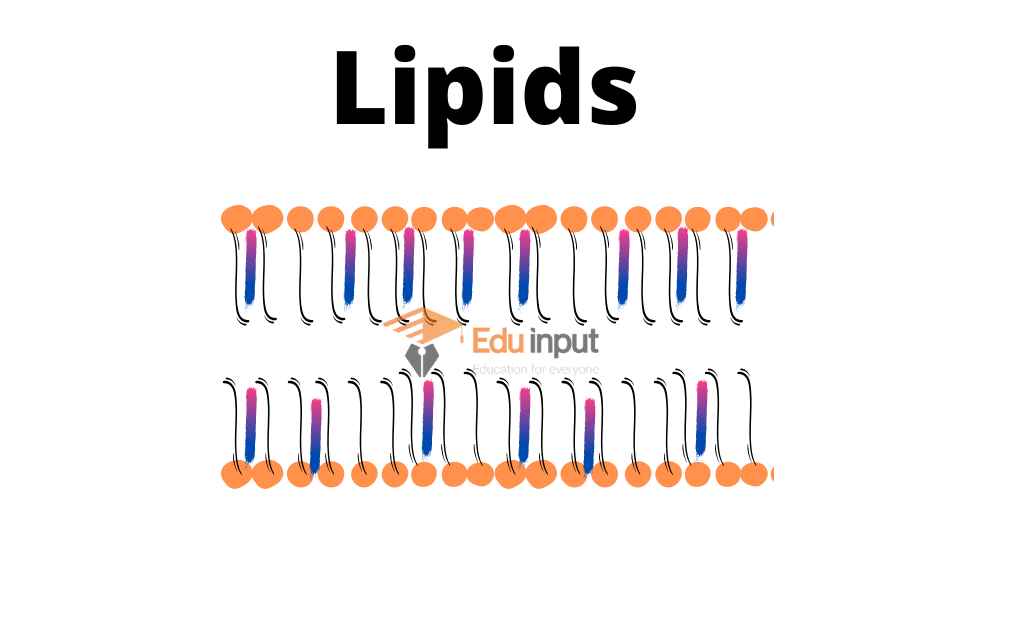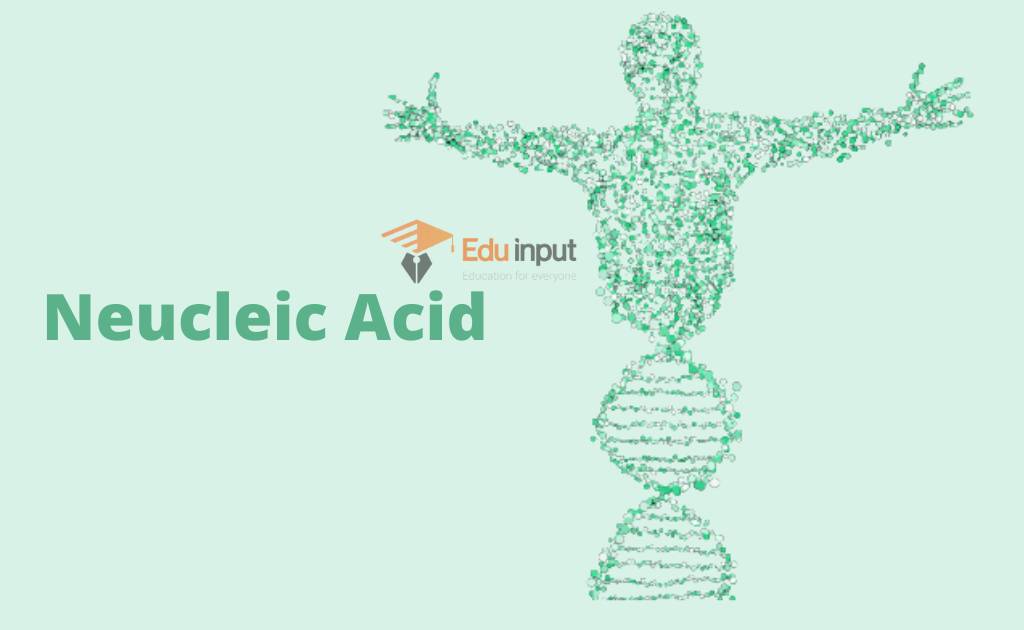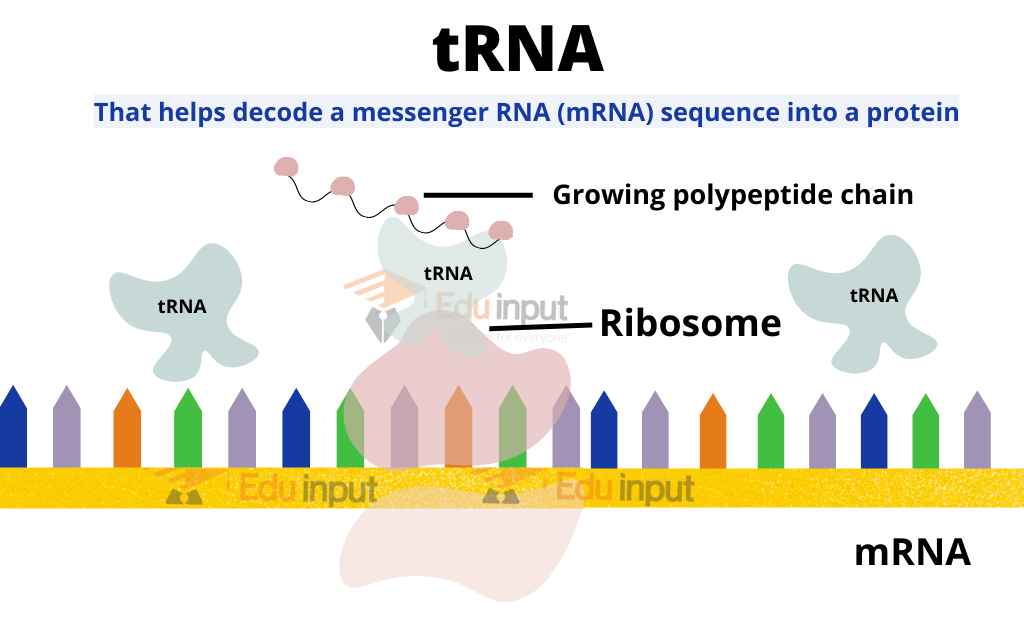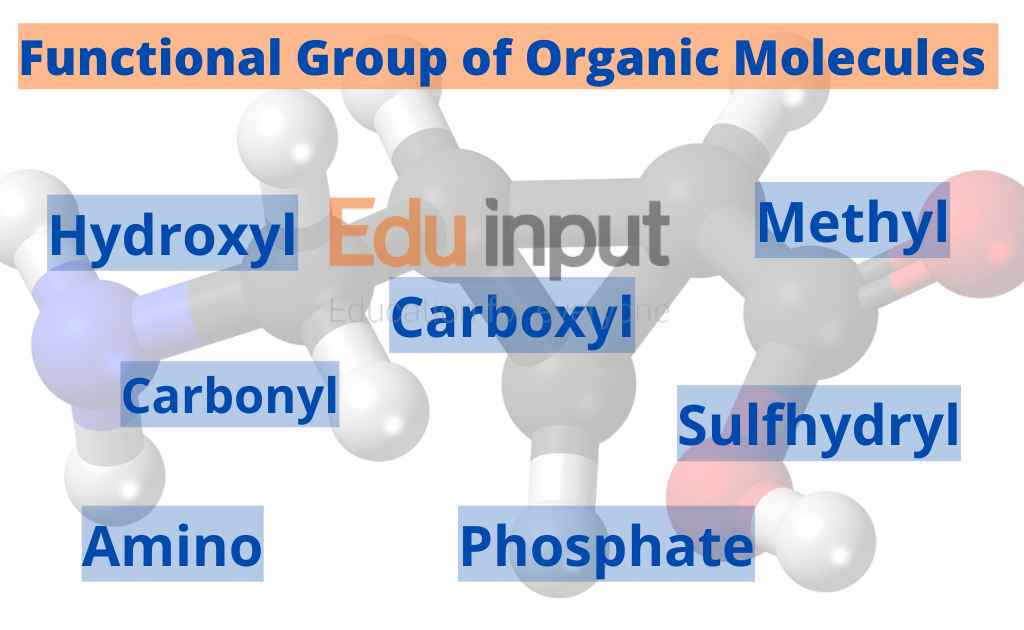Metabolism of Carbohydrates | Pathways Of Carbohydrate Metabolism
Carbohydrates are simple sugar molecules found in foods such as bread, pasta, rice, potatoes, fruit, milk, yogurt, and honey. Sugars are also known as monosaccharides or disaccharides. They are formed from two or more carbon atoms joined together. The simplest form of carbohydrate is glucose (also called dextrose).
Simple carbohydrates include table sugar, white flour, candy, and other refined foods. Complex carbohydrates include whole grains, beans, lentils, nuts, seeds, and vegetables. Fiber is found in fruits, vegetables, whole grains, legumes, and nuts.
Types Of Carbohydrates
There are two types of carbohydrates.
- Simple
- Complex
Simple carbs include sugars such as fructose, lactose, sucrose, and maltodextrin. Complex carbs include starches, fiber, and whole grains. Both types of carbs provide quick energy to the brain and muscles. However, simple carbs are digested faster than complex carbs. As a result, they cause a spike in blood sugar levels.
Importance of Carbohydrates
Carbohydrates are essential nutrients for human beings. They provide our bodies with fuel, and they also help us build strong bones and muscles. In addition, carbohydrates play an important role in maintaining healthy blood sugar levels.
Thus, light is the ultimate source of energy for biological processes. Monosaccharides such as glucose are the central molecules in carbohydrate metabolism since all major pathways of carbohydrate metabolism connect with them.
Glucose is used as an energy source, it is produced from carbohydrates and stored as glycogen in the liver to release glucose as needed. Other sugars play a major role in carbohydrate metabolism. Fructose, galactose, mannose, and lactose are all monosaccharides that can be metabolized by the body.
The liver plays a crucial role in regulating blood sugar levels. Thus, the liver may be appropriately considered to be a glucose monitor.
Pathways Of Carbohydrate Metabolism
The important pathways of carbohydrate metabolism are given below;
Glycolysis (Embden-Meyerhof pathway):
The oxidation of glucose occurs in this process. Glucose is broken down into pyruvate and lactate.
Citric acid cycle (Krebs cycle):
The oxidation of acetyl CoA to CO2 occurs in the citric acid cycle.
Gluconeogenesis:
The synthesis of glucose from non-carbohydrate precursors like amino acids, and glycerol.
Glycogenesis:
The formation of glycogen from glucose is called Glycogenesis.
Glycogenolysis:
The breakdown of glycogen to glucose is called Glycogenolysis.
Hexose monophosphate:
This pathway is an alternative to glycolysis and the TCA cycle for the oxidation of glucose (directly to carbon dioxide and water).
Uronic acid pathway:
Glucose is converted to glucuronic acid, pentoses, and, in some animals, ascorbic acid (not in man). This pathway is also an alternative oxidative pathway for glucose.
Galactose metabolism:
The pathways involve the conversion of galactose to glucose and the synthesis of lactose.
Fructose metabolism:
The oxidation of fructose to pyruvate and the relation between fructose and glucose metabolism.
Amino sugar and mucopolysaccharide metabolism:
The synthesis of amino sugars and other sugars for the formation of mucopolysaccharides and glycoproteins.

 written by
written by 





Leave a Reply